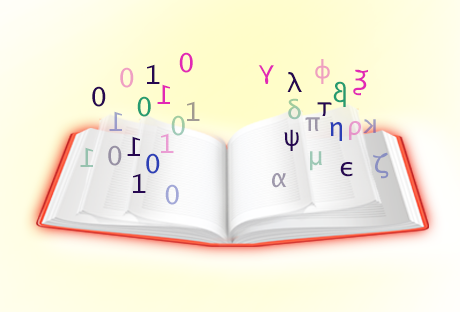Within a social cognitive perspective, parental beliefs influence parenting practices and therefore, child development. Over the last years, parental causal attributions about child disruptive behaviour and self efficacy beliefs about such behaviour have been identified as a mediator of parenting behaviour. The present study aims to examine the relationship between parental causal attributions and self-efficacy beliefs regarding the behaviour of a clinical sample of children with AD/HD. Mothers (N=122) and fathers (N=19) of children aged 6/ 17 (mean age=10.6) completed two scales: a Greek version of “The Parental Account of the Causes of Childhood Problems Questionnaire” (PACCP; Sonuga-Barke & Balding, 1993) and the “AD/HD Parenting Efficacy in Behaviour Management Scale”, adapted from the “Teachers’ Sense of Efficacy Scale” (Tschannen-Moran & Woolfolk, 2001). Analysis revealed that perceived self-efficacy towards a child diagnosed with AD/HD was moderate. Also, it was found that perceived self efficacy was negatively associated with causal attributions of child’s intentional behaviour, negative parental attitudes and difficult family characteristics. These findings provide evidence that parents of children diagnosed with AD/HD have moderate to low self efficacy beliefs, especially when the behaviour of the child is considered either child intentional or due to parental indifferent/ineffective practices towards the child. False causal attributions and low self efficacy beliefs about a child’s AD/HD behavior are considered key elements for change in the implementation of a cognitive behavioral therapeutic programme, in order to prevent from possible negative parent/child interactions.








